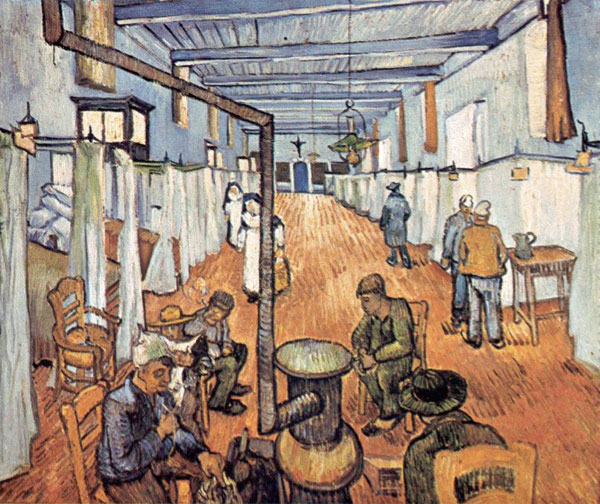Breast cancer and maternity
Abstract
Objectives. To analyse how the absence of maternity after treatment affects women with (BC). To analyse the significance of early menopause after treatment of (BC).
Background. The association between (BC) and gestation is important due to the increase in the incidence of this in women aged between 30 and 40 years. Infertility affects 18.5% of couples, with 40% of these cases being due to the woman, 40 % to the man, 20 % to both or unknown causes.
Methodologie. Phenomenological Qualitative. 30 in-depth interviews were conducted (29 women and 1 man) at the specific services of the Hospital Vall d’Hebron; and the gynaecology unit at the Centro de Atención Primaria de Salud La Mina in Barcelona. Age range was between 20 and 69 years.
Results/ Discussion. The most relevant issues were: For women who have not had children before breast cancer, renouncing maternity is a problem. Gestation and breast cancer. Women without children and without maternity problems. Menopause: Absence of maternity and chemotherapy treatment. Maternal lactation, prevention of breast cancer: myth or reality.Conclusions. Women of fertile age with breast cancer that have not had children show anxiety due to their uncertain situation, whether they can have children or not, which is an important aspect for young ladies that have undergone a mastectomy, chemotherapy and radiotherapy that on many occasions has provoked early menopause.
Downloads
-
Abstract771
-
PDF (Español (España))418
The works published in this magazine are subject to the following terms:
1. The Publications Service of the University of Murcia (the publisher) preserves the copyright of the published works, and encourages and allows the reuse of the works under the license for use stated in point 2.
© Servicio de Publicaciones, Universidad de Murcia, 2011 (© Publications Service, University of Murcia, 2011)
2. The works are published in the electronic edition of the journal under Creative Commons Reconocimiento-NoComercial-SinObraDerivada 3.0 España(texto legal) “ a Attribution-NonCommercial-NoDerivatives 3.0 Spain license (legal text)”. They can be copied, used, broadcasted, transmitted and publicly displayed, provided that: i) the authorship and original source of their publication (journal, publisher and URL) are cited; (ii) are not used for commercial purposes; iii) the existence and specifications of this license is mentioned.
3. Conditions of self-archiving. Authors are allowed and encouraged to electronically disseminate the pre-print (pre-reviewed ) and / or post-print (reviewed and accepted for publication) versions of their works prior to publication, as it ensures a wider circulation and dissemination which may lead to a possible increase in its mention and a higher scope among the academic community. RoMEO color: green.













